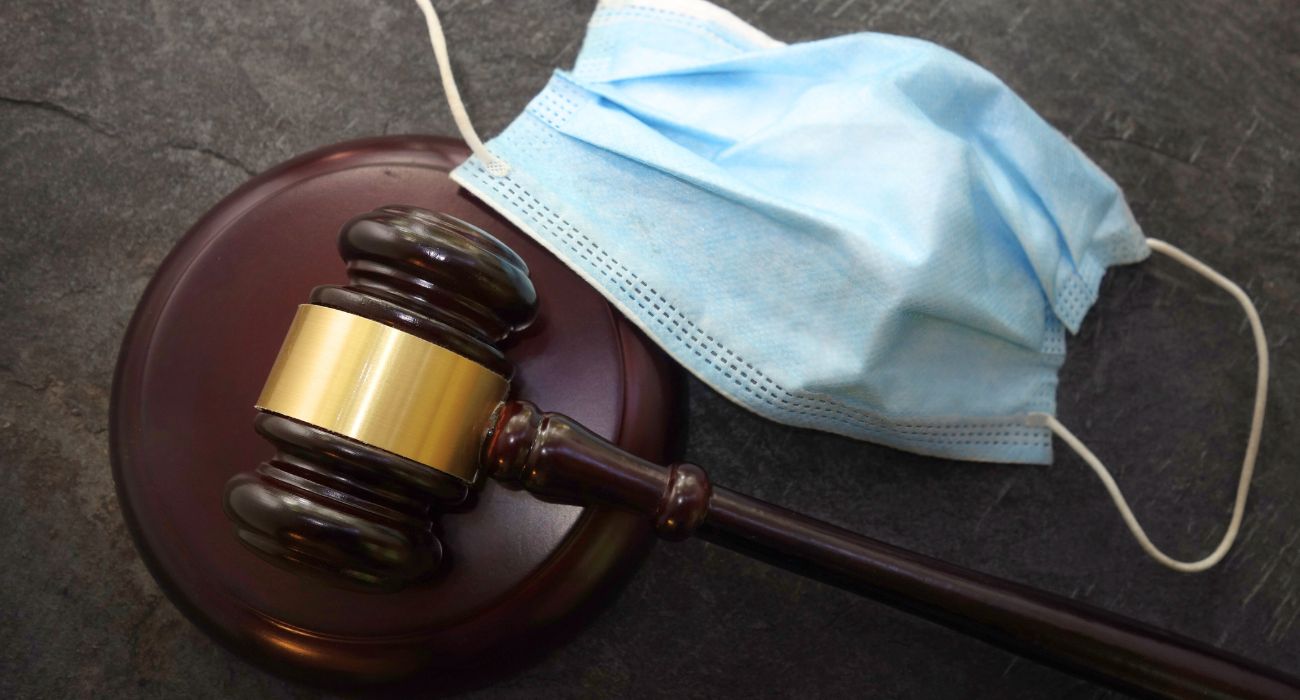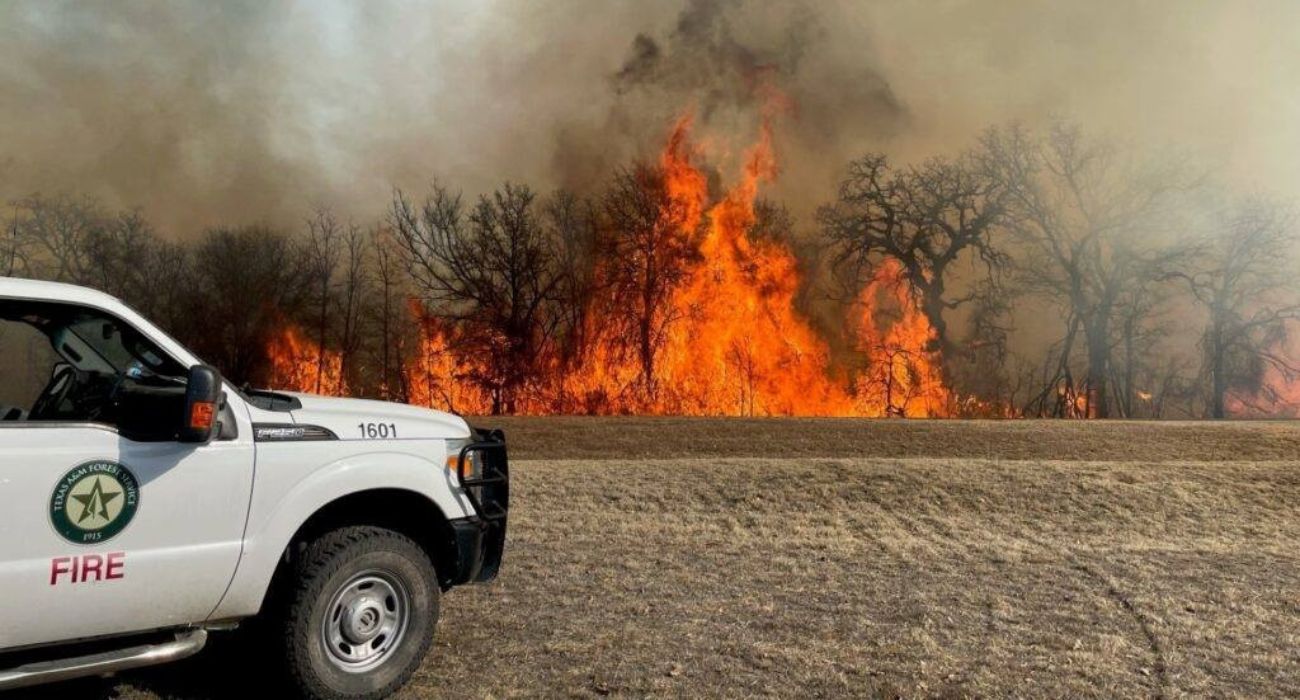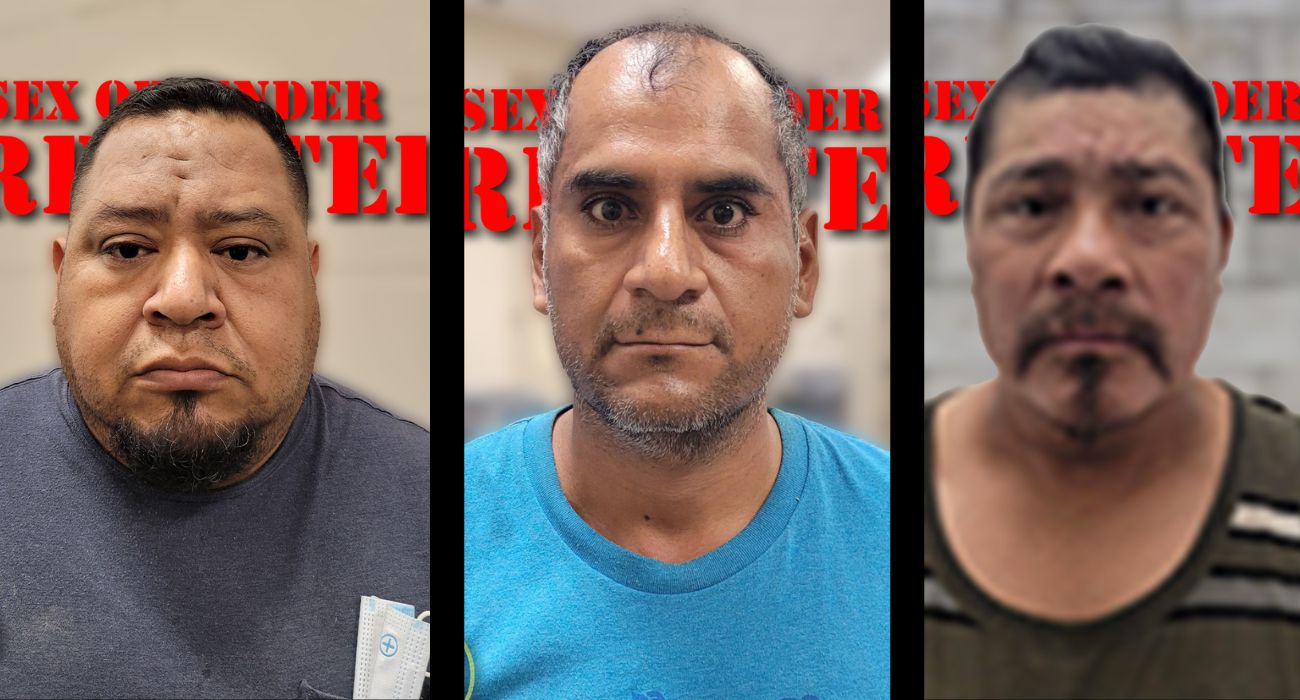The Texas Supreme Court ruled on Friday that local mask mandates issued despite Gov. Greg Abbott’s order against such requirements were inappropriate.
Justice James D. Blacklock gave the opinion of the court in Abbott v. Harris County on June 30, striking down the local government’s attempt to require citizens to wear masks after Abbott had issued an executive order forbidding such mandates.
The Harris County issue was considered in conjunction with two similar cases, one involving the City of San Antonio together with Bexar County and one involving Dallas County, in which local governments attempted to subvert Abbott’s order against mask mandates.
“Texas is nearly two hundred years old,” Blacklock’s opinion opened. “Born, like our Nation, in a revolutionary war, our State has since endured the Civil War, the turmoil of Reconstruction, two World Wars, the Spanish flu, riots, droughts, floods, freezes, hurricanes, and now the coronavirus pandemic.”
“These emergencies have come and gone. Others will come and go. Our Constitution endures,” he declared. “We owe a duty to those who came before us, and to those who will come after us, to uphold the ‘essential principles of liberty and free government’ established by our Constitution, which are the birthright of every new generation of Texans.”
“The temptation to relinquish our enduring legacy of constitutional government is strongest in the face of life-threatening emergencies like the recent pandemic,” Blacklock continued. “In times like these, when calls for robust, expedient government action may sound more urgent than calls for proper constitutional process, adherence to our Constitution is more necessary than ever.”
The case revolved around the Texas Disaster Act, which governs how power is allocated in the case of an emergency to “reduce vulnerability of people and communities of this state to damage, injury, and loss of life and property resulting from natural or man-made catastrophes, riots, or hostile military or paramilitary action.”
Justice Blacklock and the Texas Supreme Court concluded that the law “grants the Governor the authority to prohibit local governments from requiring the wearing of masks in response to a contagious disease.”
The court reversed the lower decisions, dissolved the injunction against Abbott’s previous order, and remanded the case back to the district court “for further proceedings consistent with this opinion.”
Blacklock explained that earlier in the COVID-19 outbreak, Abbott and local authorities had issued orders to implement restrictions in response to the danger posed by the disease. However, after March 2021, “the Governor’s orders sought primarily to preserve the liberties his earlier orders curtailed by prohibiting local governments from imposing any virus-related restrictions of their own.”
Local governments objected to Abbott’s order banning mask mandates and, “Claiming independent authority to require masks in their jurisdictions in contravention of the Governor’s orders, several local governments sued the Governor. … Cases brought by Harris County, Dallas County, and the City of San Antonio are now before this Court.”
“We conclude that gubernatorial Disaster Act orders countermanding local mask mandates lawfully preempt local government orders to the contrary,” Blacklock wrote. “We reach that decision not because the Disaster Act gives the Governor carte blanche to issue any virus-related order of his choosing. But neither can we endorse the local governments’ expansive view of their autonomy during a statewide pandemic.”
“All involved exercise limited authority, defined by statute and constrained by the Constitution,” the Texas Supreme Court found.
Justice Debra Lehrmann issued a concurrent opinion agreeing with the majority but stressing the difficulty of “striking the balance between controlling the spread and restricting liberty” and “how perilous the unchecked spread of the disease was.”
In the accompanying decision issued for Abbott v. Clay Jenkins, Justice Blacklock noted that the lawsuits against Harris County, Dallas County, and San Antonio were all companion cases and decided along similar lines.
Like Harris County, Dallas County Judge Clay Jenkins attempted to require citizens to wear masks even after Abbott issued an order forbidding it. Lower courts had issued injunctions against Abbott, permitting the local governments to mandate masks.
The Texas Supreme Court explained, “This lawsuit originated as a dispute between Judge Jenkins and then-Dallas County Commissioner J.J. Koch, who sued Jenkins over a mask requirement at meetings of the Dallas County Commissioners Court. ”
Justice Blacklock, who authored this decision as well, concluded, “In light of our decision today in Abbott v. Harris County, 22-0124, the judgment of the court of appeals is vacated, the temporary injunction is dissolved, and the case is remanded for further proceedings consistent with our opinion in Abbott v. Harris County.”
The Dallas Express reached out to Judge Jenkins for comment about the court’s decision but received no response.
Similarly, the court also struck down the mandates of San Antonio and Bexar County along the same lines, ordering the case to be decided in a way consistent with the reasoning detailed in Abbott v. Harris.
The rulings were criticized by some who considered the governor’s orders infringement upon the principle of local control.
Harris County Attorney Christian Menefee denounced the decisions on Twitter, saying, “The Texas Supreme Court just issued its opinion refusing to rein in @GovAbbott’s overreach after we sued him for his ban on COVID prevention measures in schools.”
“This was an important fight to defend local control and common sense measures to protect public health,” he suggested.






